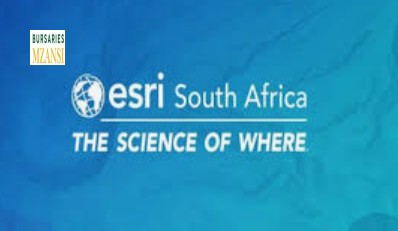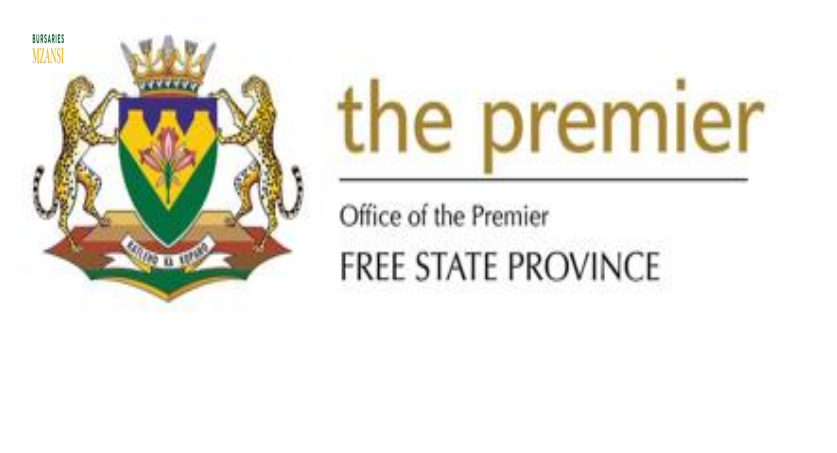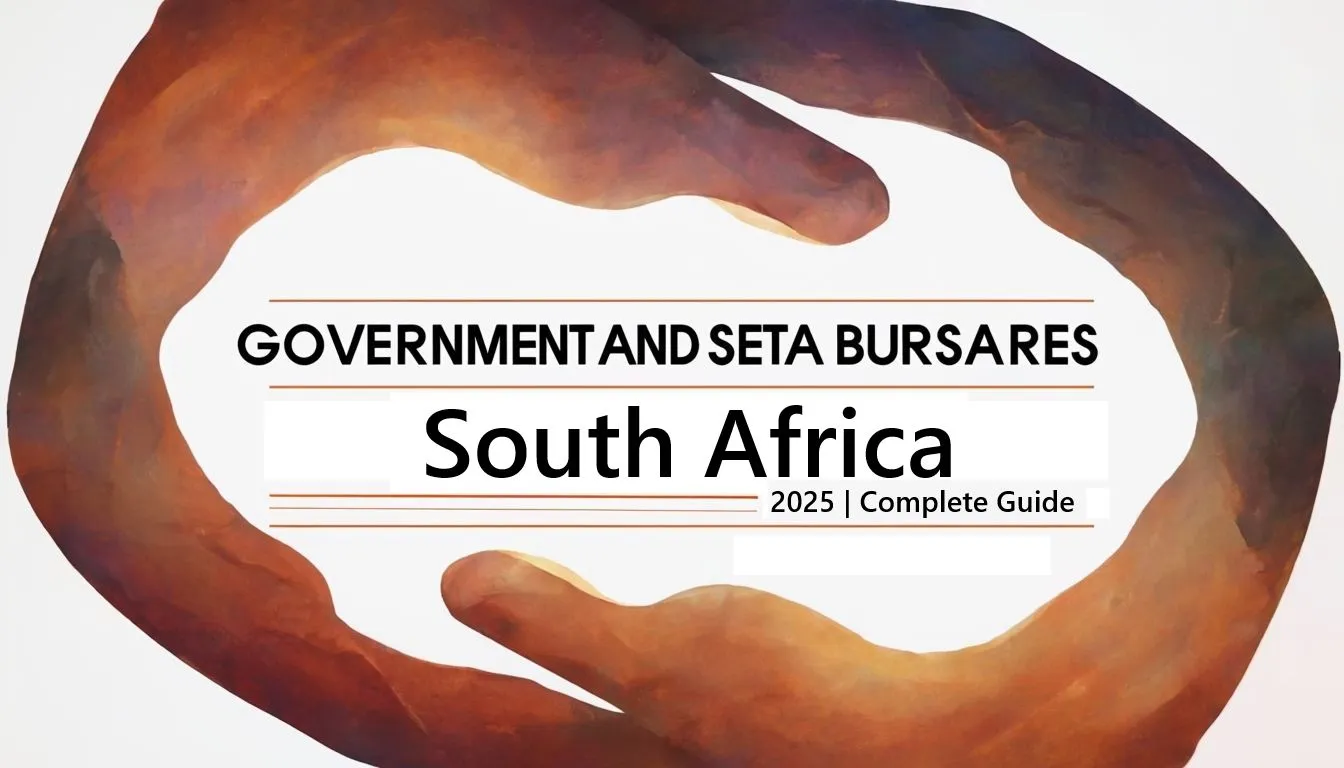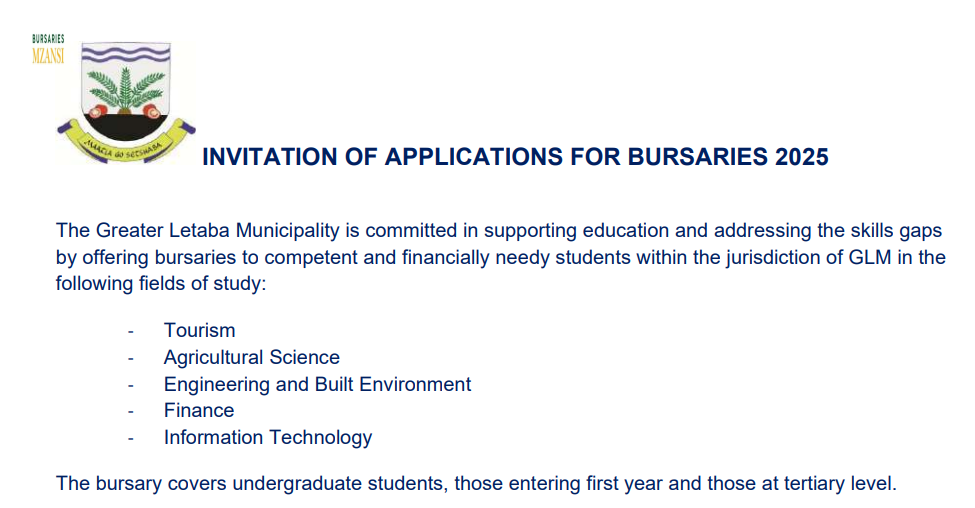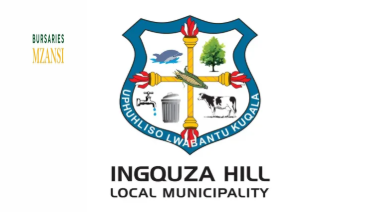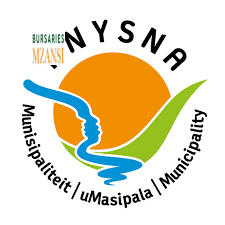4. Proposed Taxation of Tuition Waivers
In 2017, the Tax Cuts and Jobs Act initially included a provision to tax tuition waivers as income, which would have significantly increased the financial burden on PhD students.
- Example: A PhD student receiving a tuition waiver worth $50,000 per year would have been taxed as if they were earning that amount, even though they were not receiving actual income.
- Impact: This would have made PhD programs unaffordable for many students. Although the provision was ultimately removed, the proposal created significant anxiety within the academic community.
5. Increased Uncertainty in STEM Fields
PhD candidates in STEM fields, particularly those involved in federally funded projects, faced additional uncertainty due to policy changes.
- Example: The administration’s withdrawal from international research collaborations, such as climate change agreements, affected funding opportunities for researchers in environmental science (source).
- Impact: Many students had to pivot their research topics or seek funding from private sources, which is often more competitive and less reliable than federal grants.
Conclusion
The Trump administration’s policies created a challenging environment for PhD candidates by cutting research funding, limiting visa access, and increasing financial burdens. While some policies were later reversed or blocked, their impact was deeply felt by students and researchers. Moving forward, it is crucial for policymakers to prioritize higher education and research funding to ensure that PhD candidates can thrive in the U.S. academic landscape.
The Trump administration implemented several policies that negatively affected PhD candidates:
- Funding Cuts to Scientific Research: The administration’s reduction of federal funds for scientific research disrupted funding streams essential for PhD candidates’ projects. These cuts led to canceled evaluations and hiring freezes, hindering the progress of ongoing and future research. sfchronicle.com
- Threats to Diversity, Equity, and Inclusion (DEI) Initiatives: Executive orders targeting DEI initiatives in federally funded institutions prompted universities to rename or restructure their DEI offices to safeguard funding. This created uncertainty and potential reductions in support systems vital for underrepresented PhD students. houstonchronicle.com
- Visa Policies Affecting International Students: Plans to revoke visas of foreign students based on social media activity, flagged by AI, introduced instability for international PhD candidates, potentially disrupting their studies and research contributions. theguardian.com
- Proposed Taxation of Tuition Waivers: The initial version of the Tax Cuts and Jobs Act included provisions to tax tuition waivers as income, which would have significantly increased the tax burden on PhD students. Although this provision was excluded in the final act, its proposal caused considerable concern within the academic community. en.wikipedia.org
These policies collectively created an environment of uncertainty and financial strain, adversely impacting PhD candidates’ educational and research endeavors.

